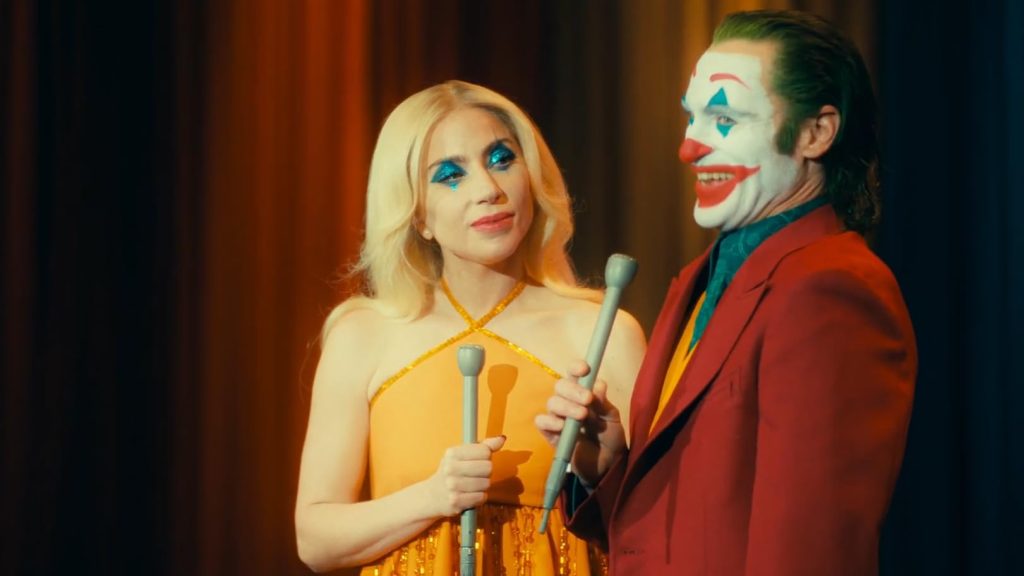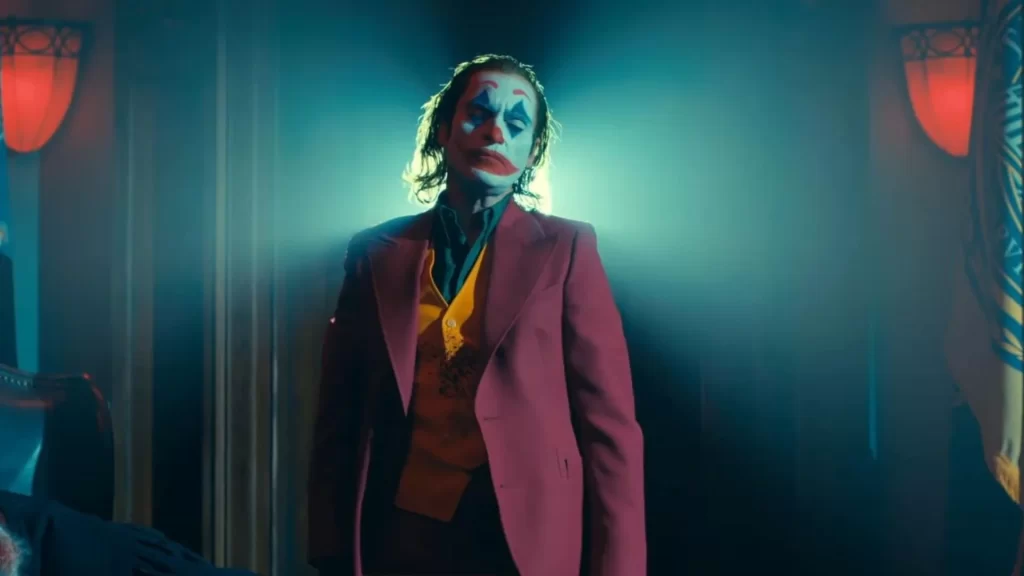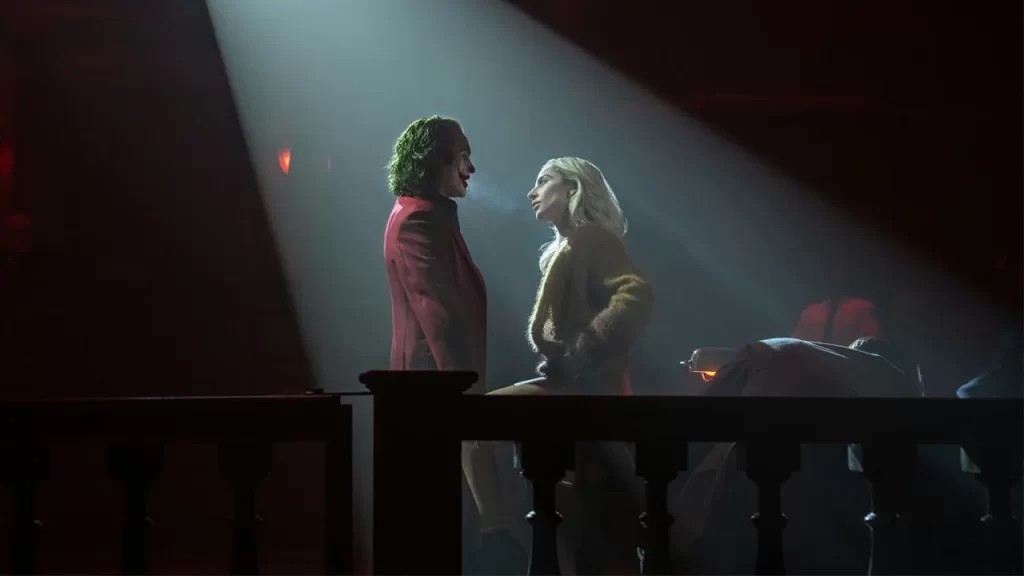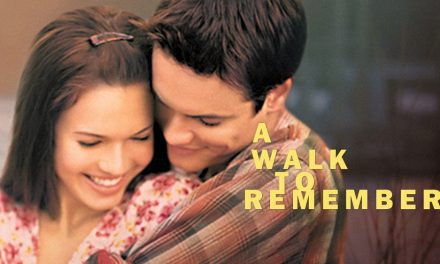A movie realistically should make you think. It should make you feel something. Otherwise it doesn’t succeed at what it set out to do. Flashing lights, images, sound, they all come together to make a movie, and that movie creates a response from the audience. Joker: Folie à Deux is a sequel to a movie that definitely made audiences think. Was it dangerous? We even wrote an article asking that question. It’s been five years since then and the big question on everyone’s mind, is Joker: Folie à Deux as thought-provoking as the first? It does add in a fan-favorite character with Harley Quinn (played by Lady Gaga, to boot). It also brings back Joaquin Phoenix and his Academy Award-winning performance as Arthur Fleck. Todd Phillips also returns as Director and Co-Writer with Scott Silver.
All that talent is returning and incoming, and this should be a surefire hit, right? Well. It’s more complicated than that. It’s also less interesting than that. If Joker: Folie à Deux came out and took big swings that missed it would be more interesting than what we got. If you’re sitting in a movie theater watching something and you don’t really feel anything emotionally, it’s not a successful movie. Joker: Folie à Deux barely made me feel anything while watching it. Add in the fact that there are some somewhat silly musical numbers, that half make sense because they’re creations in Arthur Fleck’s mind, but some others don’t really. They bog down the entire thing and make you question “why are they singing when they could be talking?” For the ones that are in Arthur’s mind, they at least have fanciful sets that are utterly gorgeous.

The plot of Joker: Folie à Deux follows Arthur Fleck as his trial for his horrific crimes goes into motion. He has a new friend/significant other that he meets while in music class. He has a seemingly good relationship with one of the prison guards, Jackie (played by Brendan Gleeson), who gets him into the music class. His lawyer Maryanne Stewart (played by Catherine Keener) seems like she’s going to get him off his sentence based on an insanity defense.
The train keeps rolling towards that, and then Arthur’s delusions come back, his relationship with Lee Quinzel (Gaga) gets more and more wild. He stops taking his medication. The downward spiral for Arthur would be more sympathetic, if we didn’t already see it in Joker. The moments where we’re supposed to feel for Arthur, like a masterclass in acting from Joaquin Phoenix and Steve Coogan in the beginning of the film, fall a bit flat.

From there, we get some mayhem, but it’s mostly court drama scenes or others where Arthur is incarcerated. We basically get 12 Angry Men like the first film was The King Of Comedy. The most emotional scene in the film was when we get a face-to-face between Arthur Puddles (Leigh Gill) from the first film, and Arthur in the court room. It was the only scene that made me feel anything about the characters and that’s all because of Gill’s performance.
Even Lee’s motivations come into question. They make it seem like there’s some sort of ulterior motive behind her obsession with Arthur, but through it all, it’s not the normal Harley Quinn story at least. The most thought-provoking and interesting segment of Joker: Folie à Deux is the ending. It ends with a bang and calls into question the entire two- movie saga. It also calls into question the motivation of The Joker.
Joker: Folie à Deux isn’t a bad movie by any means, it’s just not that interesting. The wild swings and controversial takes the first movie had are gone, replaced by musical numbers and an inflated budget. Whereas the first film felt dangerous and edgy, this one feels like it’s just happening for the sake of it. There’s no thought behind the choices. If not for the fantastic cinematography and some of the performances, particularly Gill, Coogan, and Gleeson, this wouldn’t even be worth talking about. Lee Quinzel had the chance to be an interesting character, especially if the writers went the route of making her the dominant personality in the Joker-Harley relationship, but they didn’t even go that far. Gaga’s performance doesn’t get the time to shine that it needs to in the film.

The musical sections of the film just add to the bloated, hollow feeling that Joker: Folie à Deux has. Why are they here? Do they serve a narrative purpose? Like I said before, somewhat. As they go on, they just make it seem like they’re here to make the sequel feel different and bigger. When the filmmakers won’t call the film a comic book movie OR a musical, there’s your problem. As it goes on, the movie veers straight into comic book territory, especially the third act. Once you get through it all, the idea of Joker is analyzed a bit. What does it mean to be Joker? Is Joker a person or is it an idea? What about it just simply being a title for someone to pass along?
Those are what the film should have been asking all along, and instead, we get something that feels like it should have been a much better movie. There’s a lot to like, but there’s also a lot to feel indifferent about, which is a shame.
Joker: Folie à Deux releases in theaters on October 4th, 2024.
For more on Reviews, make sure to check back to That Hashtag Show.

![‘Joker: Folie à Deux’ – Great Performances Can’t Hold Up This Overbloated Sequel [Review]](https://thathashtagshow.com/wp-content/uploads/2024/10/c54982ae-5f9b-4cfb-9666-9d4e43738ae2-1280x640.jpg)


